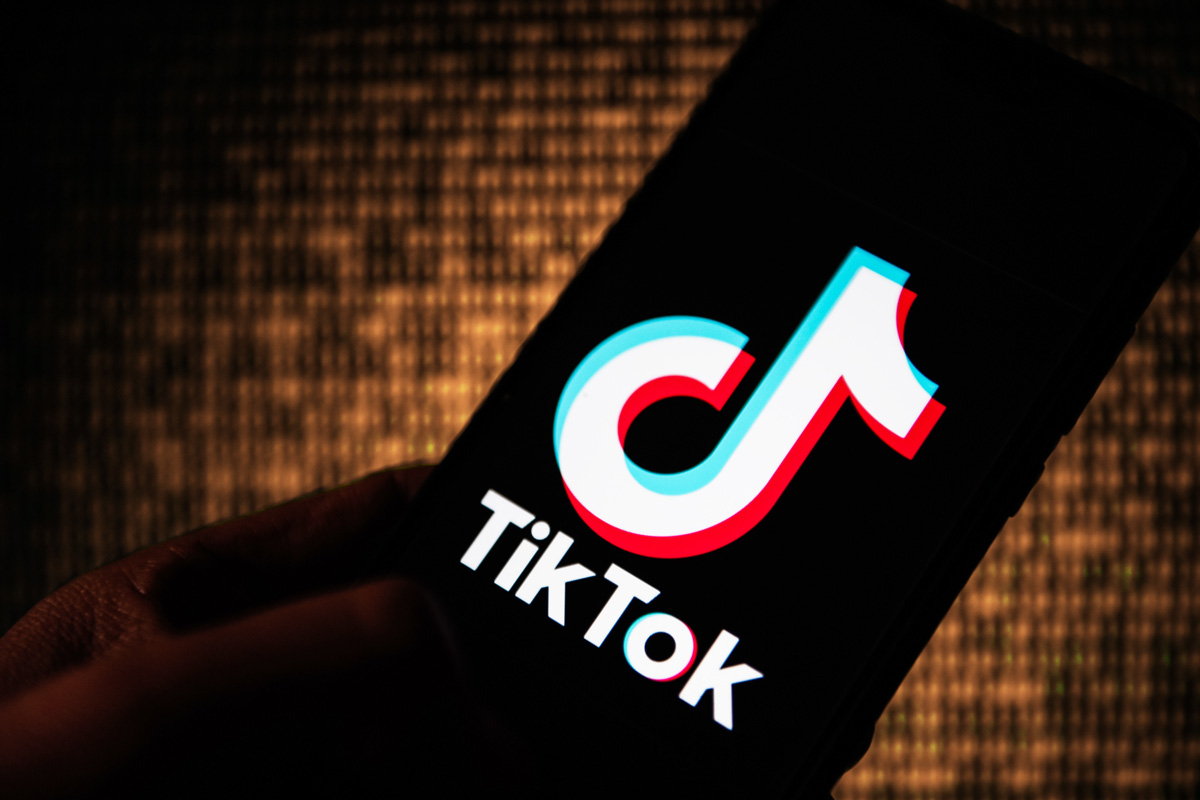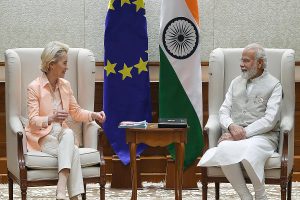TikTok CEO Shou Zi Chew testified before US Congress amid growing security concerns and potential Chinese government influence over the company.
Chew faced hostile questioning from the House Energy and Commerce Committee as he verbally danced to make the case that the social media giant is taking “real action” to address national security concerns from the US.
Advertisement
During a four-hour long hearing, Chew time and again stressed that the TikTok app, which is owned by the Chinese technology company Bytedance, has long maintained that it does not share data with the Chinese government and it doesn’t pose a risk to its 150 million users in the U.S. nor share their data with the Chinese Communist Party (CCP).
US Lawmaker Debbie Lesko during her line of questioning quoted India and other countries that have recently banned TikTok in some form.
“This (TikTok) is a tool which is ultimately under the control of the Chinese government and screams out with national security concerns Mr Chew, how can all of these countries and our FBI director be wrong? asked Lesko.
“I think a lot of risks pointed out are hypothetical and theoretical risks. I have not seen any evidence,” Chew responded.
The Congresswoman once again reiterated and stressed on the India ban.
“India banned TikTok in 2020. In March 21, a Forbes article revealed how data of Indian citizens who used TikTok remained accessible to employees at the company and its Beijing-based parent. A current TikTok employee told Forbes that nearly anyone with basic access to company tools can easily look up the closest contact and other sensitive information about any user,” Lesko informed her colleagues.
“This is a recent article; I have asked my team to look into it. We have rigorous data access protocols. There is no such thing that anybody can access the tools. So, I disagree with a lot of the conclusions,” Chew responded.
India imposed a nationwide ban on TikTok and dozens of other Chinese apps, including the messaging app WeChat, in 2020 over privacy and security concerns. The ban came shortly after a clash between Indian and Chinese troops at LAC that killed 20 Indian soldiers and injured dozens. The companies were given a chance to respond to questions on privacy and security requirements but the ban was made permanent in January 2021.
“You damn well know that you cannot protect the data and security of this committee or the 150 million users of your app because it is an extension of the CCP,” Lawmaker Kat Cammack of Florida told Chew after playing a threatening video that was still on the platform more than a month after it had been posted, despite community guidelines barring violence or threats.
Asked during a hearing in Congress by Republican representative Cathy McMorris-Rodgers, TikTok’s chief was unable to “100 per cent guarantee” that Beijing was not influencing parts of the app. Chew said the company is committed to firewalling U.S. user data from “all unwanted foreign access” and would keep content “free from any manipulation from any government.”
Another lawmaker from New Jersey said he wasn’t convinced that TikTok’s security plans would work. “I still believe that the Beijing communist government will still control and have the ability to influence what you do,” he said, pushing back on what he said was TikTok’s attempt to portray itself as “a benign company that’s just performing a public service … I don’t buy it.”
Hours before the hearing, China repeatedly said it wouldn’t oppose any forced sale of TikTok, with its Commerce Ministry saying that any sale would involve the export of Chinese technology and must be approved by the Chinese government.
TikTok is already banned on federal government devices, including military devices, and a growing number of states in the US are banning it on state government devices.











